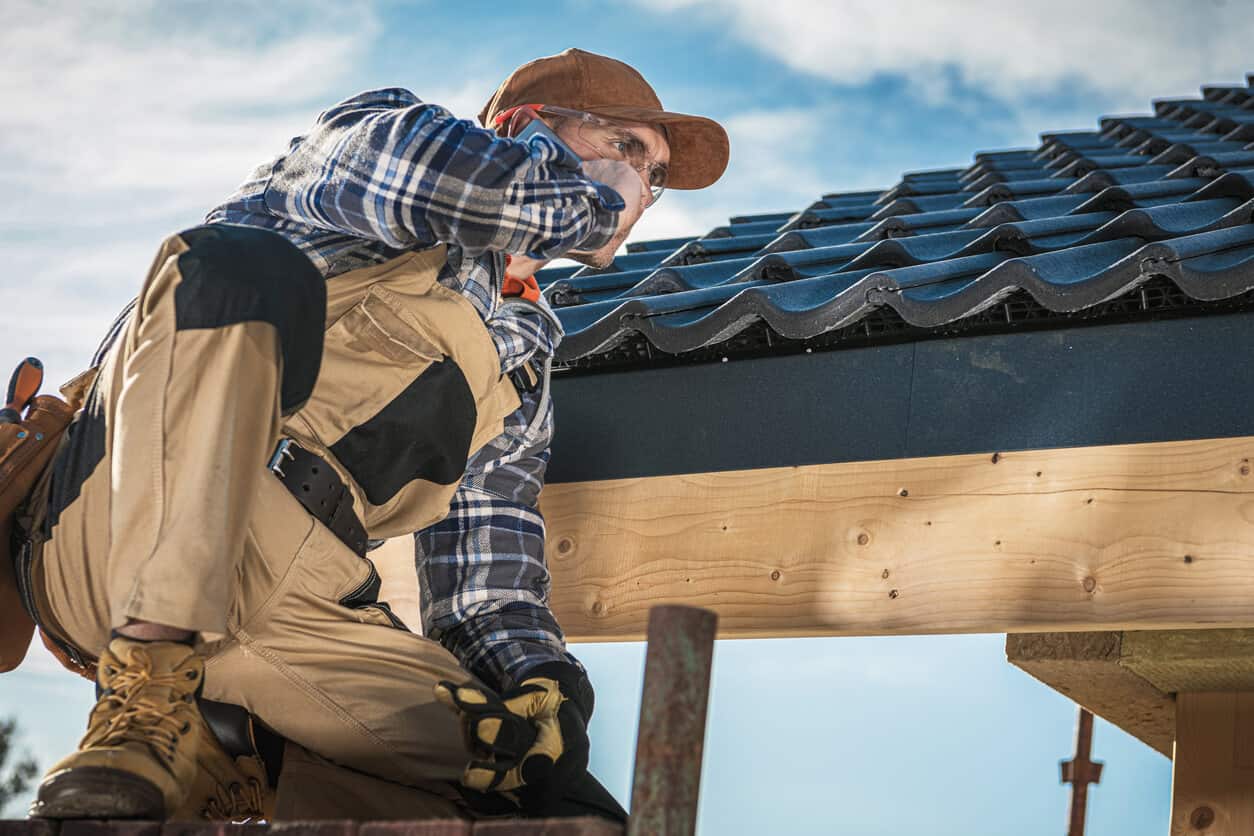Selecting a roofing contractor is a critical decision that can significantly impact the quality and longevity of your roof. An effective approach will help ensure that your roofing project is executed smoothly and to your satisfaction. Here’s an in-depth guide to help you navigate the process and choose the best contractor for your needs.
Begin by clearly defining your roofing needs. Are you looking to install a new roof, replace an old one, or repair existing damage? Understanding whether you need a complete installation or just repairs will help you communicate your requirements effectively to potential contractors. Also, decide on the type of roofing material you want, whether it’s asphalt shingles, metal, tile, or a flat roofing system. This information will guide contractors in providing accurate estimates and recommendations.
Thorough research is essential in finding a reputable contractor. Start by asking for recommendations from friends, family, and neighbors who have had similar work done. Personal referrals can offer reliable insights into a contractor’s performance and reliability. Additionally, utilize online resources to read reviews and ratings. Websites like Google, Yelp, and Angie’s List provide valuable feedback from previous customers. Look for contractors with consistently high ratings and positive reviews.
Once you have a list of potential contractors, schedule consultations or interviews with them. During these meetings, ask a range of questions to gauge their expertise and reliability. Inquire about their experience with your type of roofing project, request references from past clients, and ask how they handle unforeseen issues or complications. Their responses will give you a sense of their professionalism and problem-solving abilities.
Verifying a contractor’s credentials is a critical Roofing company near me step. Ensure the contractor holds a valid license and is insured. A valid license demonstrates that the contractor meets local building codes and regulations. Insurance, including liability and worker’s compensation, protects you from financial liability in case of accidents or damage during the project. Request proof of these documents and verify them with the respective agencies if necessary.
Discussing material options with contractors is important for ensuring quality and suitability. Contractors with established relationships with reputable suppliers are likely to provide better material options and pricing. Make sure the materials recommended align with your preferences for durability, aesthetics, and budget. Additionally, inquire about the warranties offered by both the manufacturer and the contractor. Manufacturer warranties cover defects in materials, while contractor warranties cover workmanship. Ensure you understand the terms, duration, and coverage of both types of warranties.
When comparing estimates, look beyond the total cost. A comprehensive estimate should include a detailed breakdown of costs for materials, labor, and any additional expenses. While a lower price might be attractive, it’s important to consider the overall value and quality. The cheapest option may not always offer the best long-term benefits. Assess the estimates based on the quality of materials, scope of work, and contractor reputation.
Before finalizing your choice, review the contract carefully. The contract should clearly outline the scope of work, materials to be used, project timelines, payment terms, and warranty details. Ensure that all terms are clearly defined and that you understand what is included. Avoid paying the full amount upfront; instead, agree on a payment schedule that corresponds with project milestones.
During the project, maintain regular communication with the contractor to stay informed about progress and address any concerns promptly. Inspect the work periodically to ensure it meets the agreed-upon standards. Effective communication and timely feedback can help prevent issues and ensure the project stays on track.
After the project is completed, conduct a final inspection with the contractor. Verify that all aspects of the job meet your expectations and that there are no outstanding issues. Keeping detailed records of communications, payments, warranties, and any changes made during the project will be valuable for future reference.
Choosing the right roofing contractor involves thorough research, careful consideration, and effective communication. By understanding your needs, verifying credentials, and reviewing estimates and contracts meticulously, you can ensure a successful roofing project. A reputable contractor will provide high-quality workmanship, professional advice, and support throughout the process, ensuring that your home is well-protected and your investment is secure.
